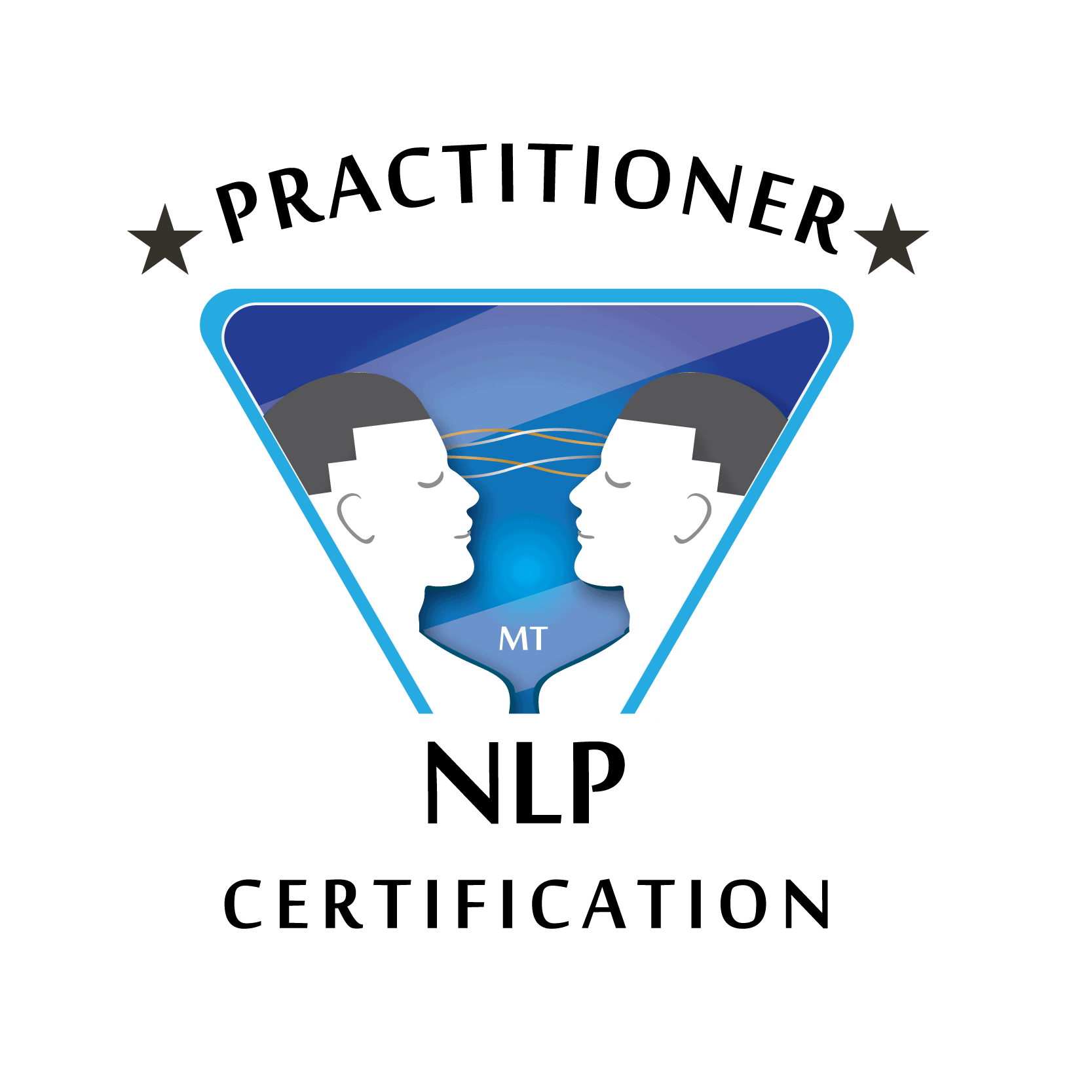Frequently asked questions

NEURO-LINGUISTIC PROGRAMMING (NLP)
NLP is a set of mental, emotional and behavioural processes to prepare ourselves to produce complex, adaptive behaviours to deliver excellent results.
NLP is merely a tool. When NLP is used with positive intentions to bring about a win-win outcome, it can be an effective tool to effect change.
That’s why our NLP Practitioner Certification emphasises the practitioner’s way of being - with authenticity, empathy.
While courses, webinars, and training can provide the tactics, most professionals forget that human beings are motivated at the psychological level.
The frustration comes in when one tries to use brute force externally,
Or use the same tactic for every unique individual.
When in reality, what one needs is a psychological framework to create a unique approach for every unique interaction.
And that’s where NLP comes in to provide this framework.
Professionals, managers, executives, sales and business development professionals and coaches will benefit from this course.
Yes, NLP is applicable to all human interactions.
Participants in our training courses span a wide spectrum, including:
Banking & finance, communications & IT, oil & gas, hospitality, services, education, training and coaching, real estate, non-profits, sales & marketing, HR & learning, engineering & technology, operations, strategy, legal, etc.
No, NLP is suitable for all positions, including individual contributors, first-line managers, all the way to business leaders in middle and senior management.
In fact, career switchers, homemakers, volunteers, and active seniors can benefit from NLP training as well!
This is because NLP techniques are applicable to all human interactions.
The course is not built as a series of sit-down lectures.
In fact, 70% of our course is hands-on application and supervised practice.
You’re at the right place. 70% of our NLP training course is focused on practical application.
Across the 11 days of training, we layer on the skills systematically from Day 1. Each new layer builds on the foundation already established, so practitioners get more and more familiar with the skills as they progress through the course.
To get a sense of how the classroom practice is structured, a typical segment may look like this:
- A short lecture explaining the scientific basis, why and how a particular skill is relevant
- Demo
- Supervised practice in pairs or small groups ← during this time, our trainers and facilitators observe and give feedback to all the practitioners
- Feedback and reflection
Format Chart
The facilitated feedback and reflection process is deliberate and intentional. Our practitioners get very rich learning in this way.
NLP Module Format
Our course is broken down into three modules of 5 days + 3 days + 3 days. There is a gap of a few weeks between each module.
This gap is intentionally designed to give our practitioners the opportunity to go back into the “real world” and apply the skills they have learned in real-life situations. Everyone has access to a community of support, where other practitioners and our facilitators provide support and answer any questions.
So, when our practitioners return for the next module, they will have gotten solid practice in their day-to-day lives and are ready to fine-tune and layer on more skills.
In addition to the 11 training days, we conduct half-day Skills Enhancement & NLP Application workshops between the modules.
In these workshops, we recap the key concepts covered in the previous module and make time for more deliberate practice, where we continue to observe the practitioners and provide feedback.
